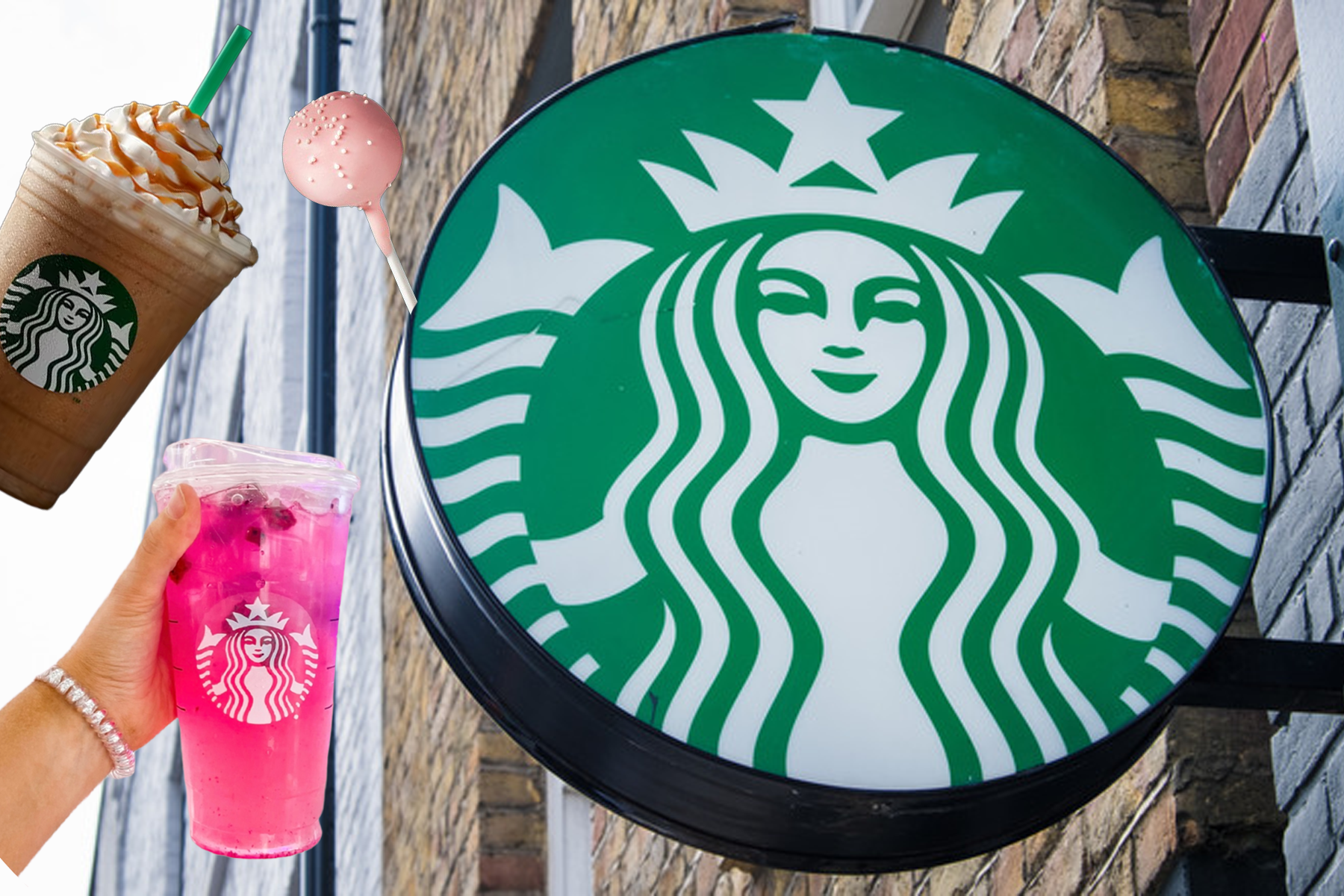Starbucks has always held a unique place in consumer culture. For this author, Starbucks has long served as a “third space” between home and responsibilities. It’s been a reliable treat, a coffeehouse study spot with good vibes and even one of my most frequented social spaces. Unfortunately, recent developments have caused me to start looking elsewhere for my regular coffee run.
Between steeper prices, a weakening economy and dramatic store closures and layoffs, Starbucks is beginning to feel overpriced, unstable and out of touch.
The clearest indication that Starbucks is no longer worthwhile is the substantial increase in prices, with no commensurate improvement to the overall experience of visiting their coffeehouses or to the quality of products they offer.
Over the past decade, many Starbucks food items have almost doubled in price. Starbucks cake pops, for example, rose about 97 per cent in 10 years. On the beverage side, a tall mocha frappucino has increased 32 per cent since 2014.
More recently, Starbucks changed the way they charge for syrups and sauces, with any extra flavour additions costing an $0.80 flat fee, making it more expensive to alter your order.
Despite these increases coming at a time of widespread economic uncertainty, Starbucks management argues that rising wages, more training and store upgrades force them to hike their prices. However, I have yet to see any improvement of quality or service that would justify the extra cost.
What many consumers once considered a “reasonable premium” for convenience and ambiance is becoming a splurge that I find hard to defend.
Additionally, our broader economic context does not allow for luxuries. Inflation, tight household budgets and increasing consumer caution has put pressure on many of us to exercise discretion when spending, making Starbucks expenses simply not worth the splurge.
What was once a daily coffee habit is becoming a once-in-a-while treat, if even that. Starbucks has seen a three per cent drop in sales globally, showing that consumers are fed up, and rightly so. Though Starbucks’ leadership acknowledges this pull-back on consumer spending, they have made it clear that they have no intention of lowering prices.
Instead, Starbucks has opted to close one per cent of all stores in Canada and the United States in addition to laying off around 900 non-retail employees, all in support of CEO Brian Niccol’s “Back to Starbucks” one billion dollar “restructuring” plan.
In a single week, almost 500 locations across Canada and the United States were wiped off the map.
This is not the first time Starbucks went to war with their own employees. The company has a track record of firing employees who try to unionize, shutting down stores after union votes and dragging its feet in negotiations. We see this specifically in the closing of Starbucks’ Seattle Roastery: a clear message to unionized workers to play ball or pay the price.
Though Starbucks leadership wants you to believe that they are a simple company looking to “streamline” operations, the reality is that Starbucks is nothing more than a large corporation beginning to lose its grip on consumer relations.
What they don’t want you to realize is that your local coffee shop is almost always a better deal. Independent cafés and small chains don’t just undercut Starbucks on price, they often beat them on quality and atmosphere too.
If you visit your neighbourhood coffee shop, you’ll most likely have access to fresher beans, better beverage options and owners who actually know (and care) about the coffee they’re making. Many of these spots roast in-house or source from local roasters, meaning you’ll get much better flavour than the mass-produced blends that Starbucks pumps out by the gallon.
While Starbucks keeps nickel-and-diming you for every pump of syrup and splash of oat milk, most local cafés serve crafted lattes for less.
It is especially easy to fill the Starbucks shaped hole in your heart in the Niagara Region, which boasts a large variety of locally owned coffee shops. St. Catharines alone has a plethora of options, such as Bright Pours Café, Sugar + Butter Baking Co, Thistle Bookshop and Café, Mahtay Café & Lounge, 416 Coffee Company, Balzac’s and Soban Sandwich Café. For fellow Brock students, The Essential Café and Bakery on Schmon Parkway in Thorold is only a short walk from campus.
Sipping local also means that your money stays in your community, instead of lining the pockets of Starbucks executives. This is a win-win situation; you save money and get better coffee, while also helping small businesses thrive as corporate giants stumble.
To put it plainly, Starbucks’ overpriced food and beverages are simply not worth it anymore.
Eight-dollar lattes aren’t a symbol of indulgence, they’re a reminder of how far Starbucks has drifted from what originally made it special. Their magic has faded into a bland corporate echo that favours branding over authenticity. Meanwhile, local cafés do everything Starbucks used to — promise better coffee, excellent treatment and genuine community — for less money.
If Starbucks wants to win back my trust, it’ll need to remember why people like me fell in love with it in the first place.

